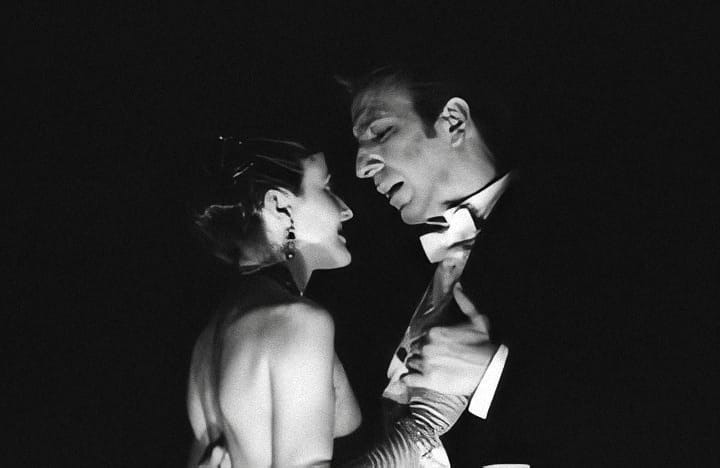Alan Rickman’s Mephisto: A Diabolical Transformation on the 1986 Stage
In 1986, British theatre witnessed one of its truly magical moments: Alan Rickman, years before his global cinematic breakthrough, stepped onto the stage as Hendrik Höfgen in Mephisto. This production—an adaptation of Klaus Mann’s novel, staged as part of the National Theatre’s repertoire—was a test and a triumph for an actor who had always been drawn to complex, morally ambiguous roles.
Who Is Mephisto?
Mephisto is far more than a story about artistic ambition. It’s a profound allegory about compromise, betrayal, and the price of fame. Hendrik Höfgen is a talented actor who, in Nazi Germany, gradually sells his soul to the regime in exchange for success and recognition. His inner collapse becomes a mirror for anyone who’s ever asked themselves how much success is worth.
Rickman: An Actor Playing an Actor
In 1986, Alan Rickman was already a well-regarded stage performer known for roles in Les Liaisons Dangereuses and with the RSC. But Mephisto showcased not just his charisma—it revealed his intellect as an actor. He understood Höfgen down to the character’s most fragile insecurities.
Rickman’s portrayal was equal parts seductive and unsettling. His Höfgen wasn’t just a man corrupted by fascism, but a metaphor for every artist—or person—who might lose themselves in the applause. That unmistakable, velvety voice would shift from devilish charm to the wounded cry of a fractured soul. In moments of silent internal struggle—those sidelong glances into the dark, a twitch of the hand, a smile that didn’t quite reach the eyes—Rickman gave us more than performance. He gave us moral disintegration in real time.
Design and Atmosphere
The staging was dark and stark, with shadowy lighting and minimalist sets that evoked both theatrical grandeur and emotional decay. The backdrop shifted as Höfgen’s own moral landscape did—from the glittering stage to the suffocating darkness behind the curtain. Rickman, like a chameleon, moved through these spaces with complete command.
Impact and Legacy
Mephisto didn’t generate the popular buzz of some of Rickman’s later projects, but it cemented his reputation as a serious dramatic actor unafraid of challenging material.
At the time, reviews were mixed—some critics found the themes too disturbing, too timely. But they all agreed on one thing: Rickman didn’t just play a man who sold his soul—he played someone who never quite knew when the selling happened.
Afterword
In the years to come, Alan Rickman would become famous for roles like Hans Gruber, the Sheriff of Nottingham, and Professor Snape. But Mephisto remains one of those rare performances where he revealed the most of himself—not to everyone, but to those who saw it, indelibly.



